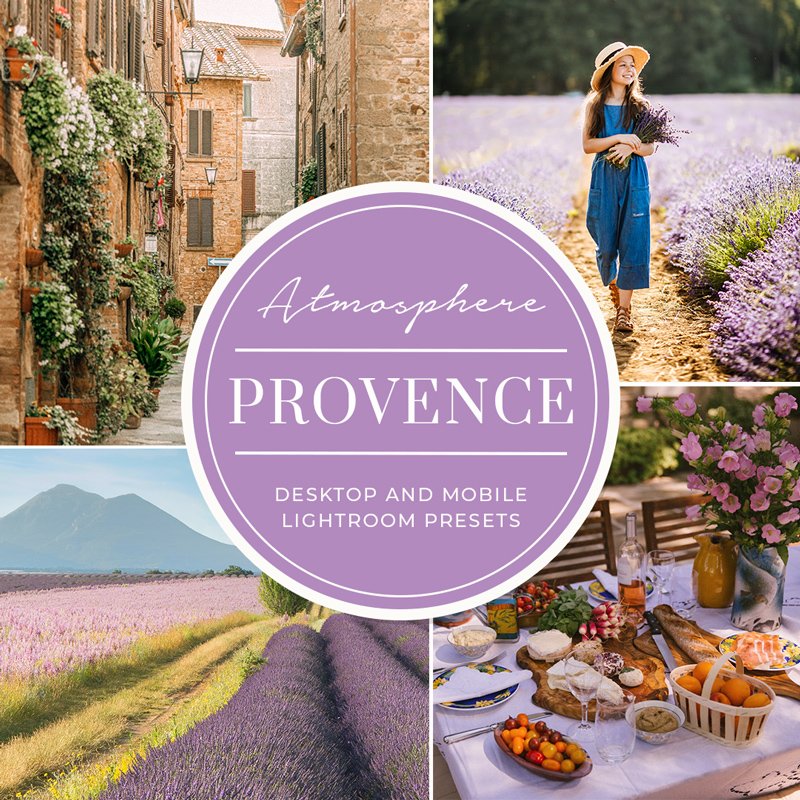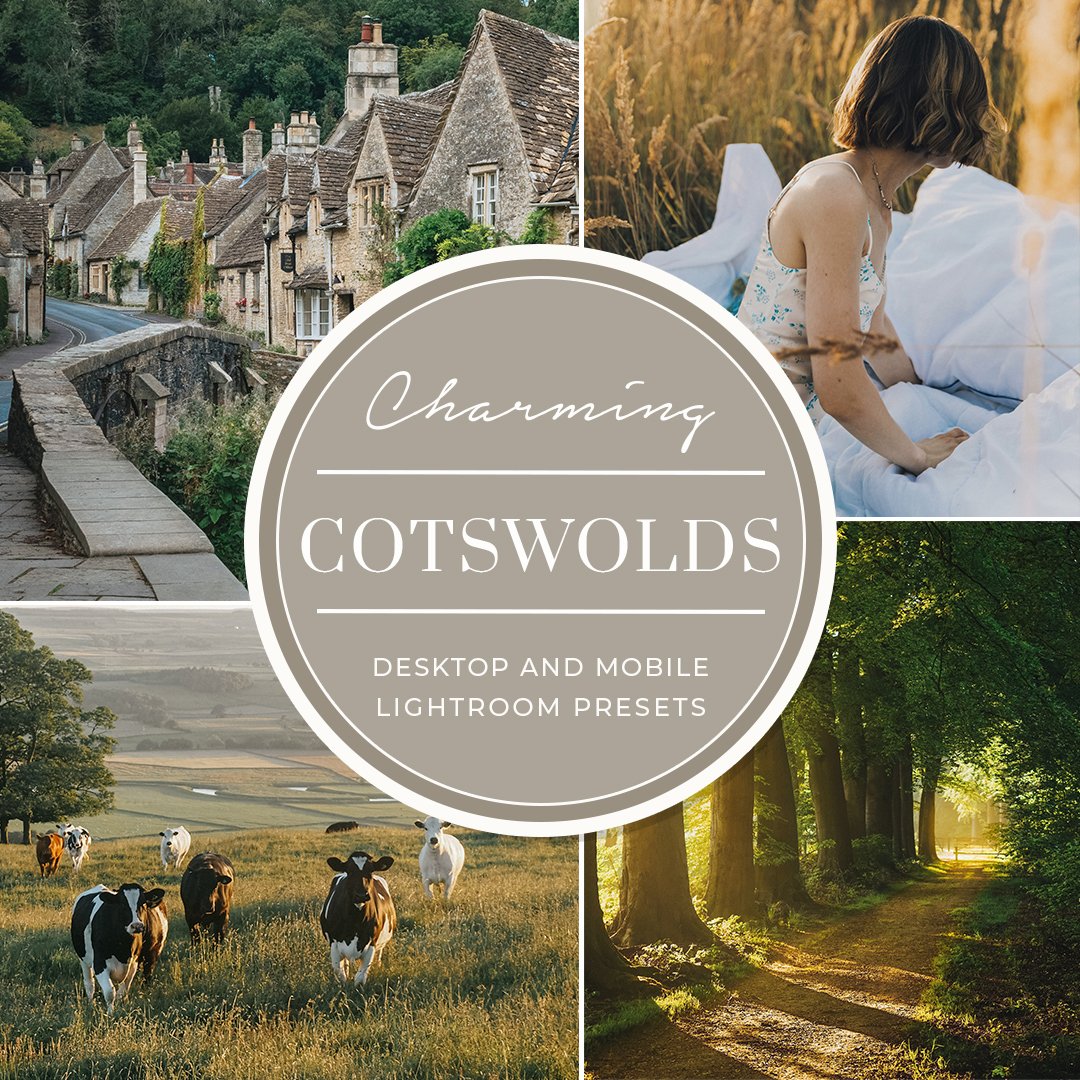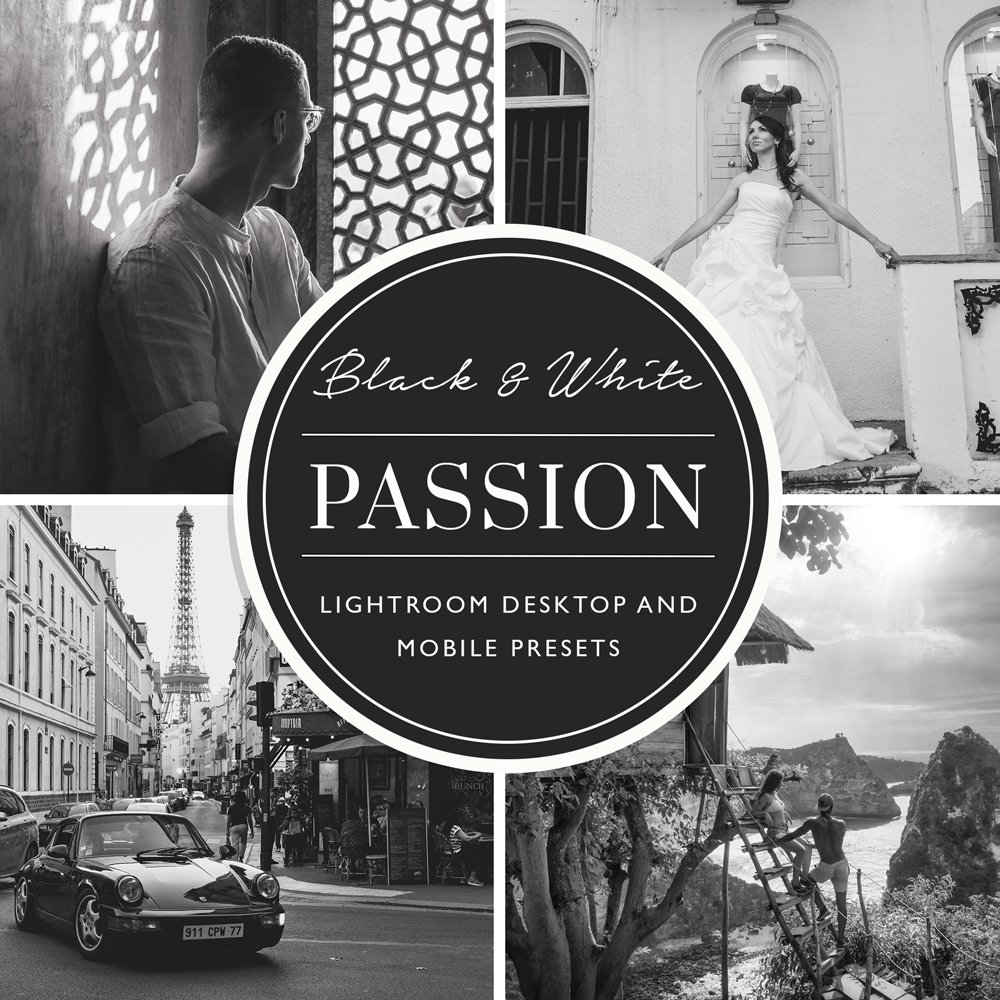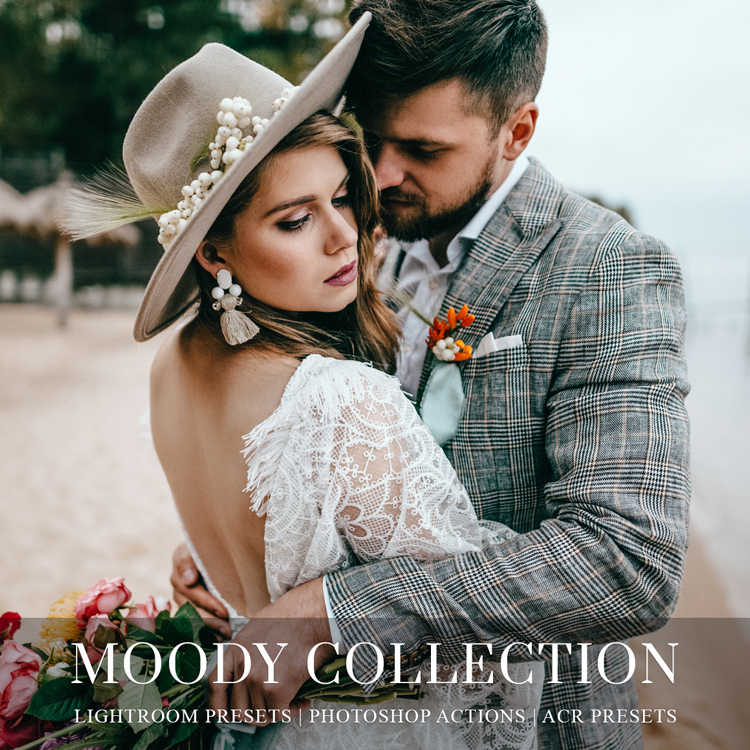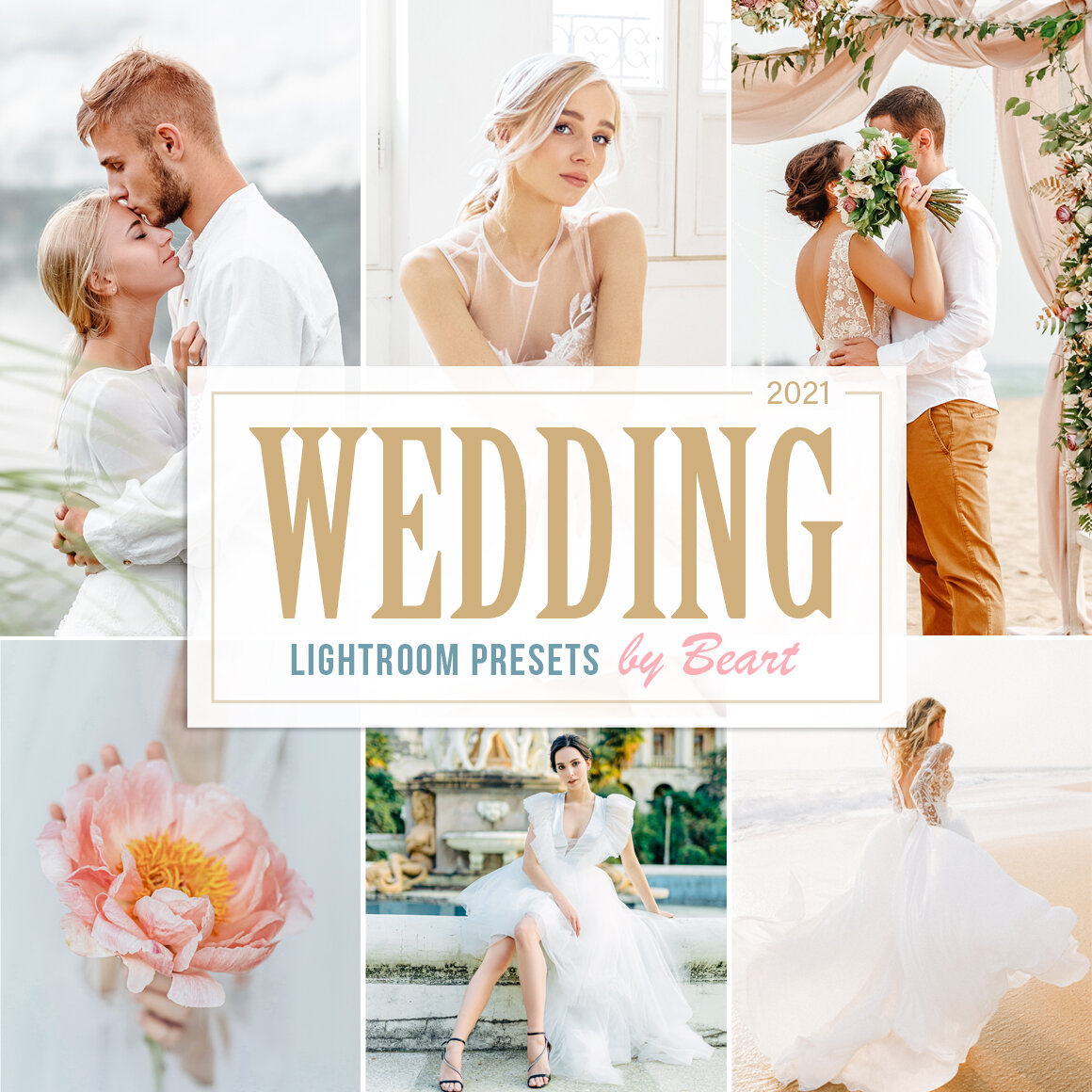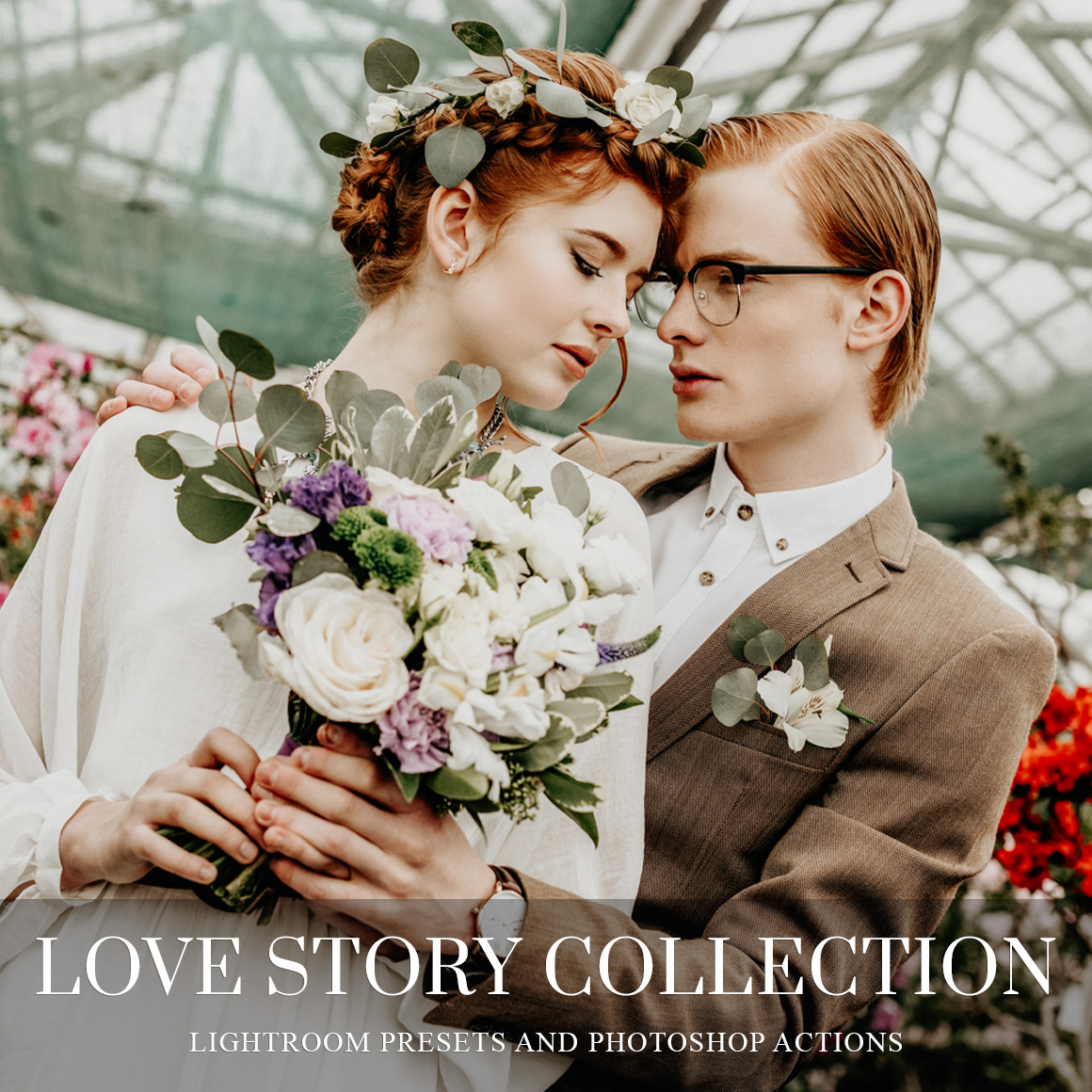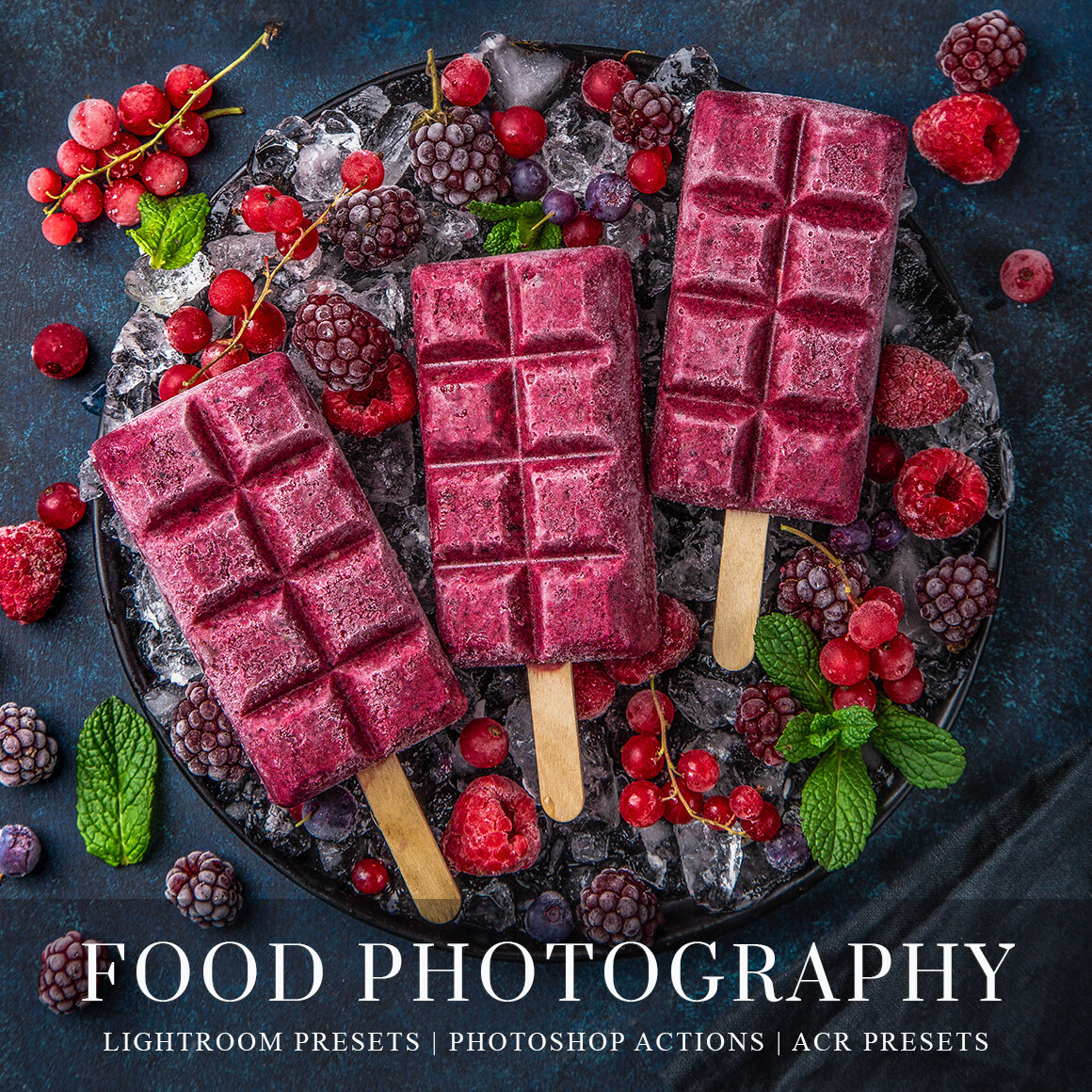Tips for Great Wedding Photography
Photography is easier than ever given the sophistication of the equipment and editing software. However, nothing makes up for the skill and talent of a photographer. Technology alone cannot anticipate a shot, create a perfect composition, or compensate for certain conditions. Only a photographer can do that. When it comes to special events such as wedding photography, there are no second chances or re-takes. Below we offer some tips on what you can do to ensure great wedding photography.
Meet The Bridal Couple:
Great photography is about two things: relationships and intimacy. The better you know your clients, the better you will represent them in their photos. Your first meeting with them is critical to the overall success of your pictures. There’s no doubt that a good photographer will take technically good pictures. However, if you want to take pictures with depth and feeling, you’d better know your clients, their vision for their photos, and their expectations for your photography. You should spend enough time in that first meeting to understand what they want and expect. Your clients need to feel comfortable with you, or they aren’t going to feel comfortable with you taking their pictures at one of the most important, intimate, and vulnerable moments in their lives. Communication is key to wedding photography!
Some Questions to Ask in Advance:
How close will the couple let you get during the service?Are there any particular cultural or religious accommodations of which you need to be aware?How many pictures are they expecting to select from and how many do they think they might want to purchase?Will you be allowed to take pictures while they are getting ready on the wedding day?Do they have any particular pictures they want you to take?Are there any close relatives or friends they want you to get pictures of?
Know the Venues:
If you don’t already know the wedding venues, it’s important you walk the sites well in advance of the wedding. You should make a note of what the lighting conditions will be during the hour of their event. Find out if there any restrictions associated with a venue and what areas can you access during the service or reception? Will the bridal couple be onsite to get ready or will that take place off-site? We always recommend you re-visit a venue even if you have previously been there. There could have been changes since your last visit.
Have an Advance Plan:
Before you show up to snap the first wedding picture, be certain to have a careful, well-informed plan drafted out! You should know what to expect on the day of the wedding and have a copy of the wedding program if there is one. At a minimum, you should have at least one or two meetings with the wedding designers so that you can carefully draft out a photo plan. The best-laid plans can go awry so the better prepared you are, the more likely you’ll be able to compensate for the unexpected.
Make a List: We suggest making a list or lists of anything you will need to remember. You should include the names of any individuals whose pictures you will need to take at the wedding. Write down any equipment you will need to have handy that day to ensure you pack them and bring them along. While doing your pre-event tour of the venue create a list of any great shots you think of and their locations.
Storytelling:
Your pictures will tell the story of a wedding. Remember this when you create your lists and when you are there shooting photos. If you have planned thoroughly, the pictures will seamlessly tell the story. Moments combine to create a visual narrative, so it’s important to capture those moments. Be prepared and vigilant to poignant moments such as the father’s face the moment he sees his daughter in her bridal gown or the emotion of the groom when he first sees his bride at the service. No one ever remembers all the details of the wedding, but your photos will capture those moments for years to come. Shoot from numerous angles and perspectives to provide visual depth to the storytelling.
Candids:
Some of the most heartwarming and poignant pictures years later are those unscripted and unposed candids of the couple, family, and friends together. They are important to the narrative of the day and the event. However, they also speak volumes about the bridal couple.
Equipment, including Flash:
Before you shoot a wedding, we hope you have mastered your flash. Whenever possible, go without a so as not to disrupt a somber moment during a religious service. However, there will likely come the point when you can’t go without your flash. Use your discretion and technical skills. Practice makes perfect with flash photography, and a wedding is no time to hone your flash skills. Be certain you have properly packed all your equipment the night before and be sure you leave no necessary equipment behind. Never get caught without enough battery to spend several hours shooting a wedding event. Always carry extra batteries!
Be Nimble and Flexible:
You might find yourself playing multiple roles during a wedding. Be flexible and be prepared to wear several hats - even if it's a director's hat. You should feel like the one running the photography aspects but with sensitivity and diplomacy at all times.
Lastly, remember, a photo shoot is a great place to find and meet future clients. Although you are working hard, be certain to be friendly and respectful of guests and the bridal couple. Your reputation can and will precede you. Might as well make it a good one! Great portraits aren’t enough to secure clients. Your personality and how you treat others will matter.
We would absolutely love for you to follow us on FACEBOOK and be a part of our community. Don't forget to Share your photos with us using hashtag #BeArtPresets













